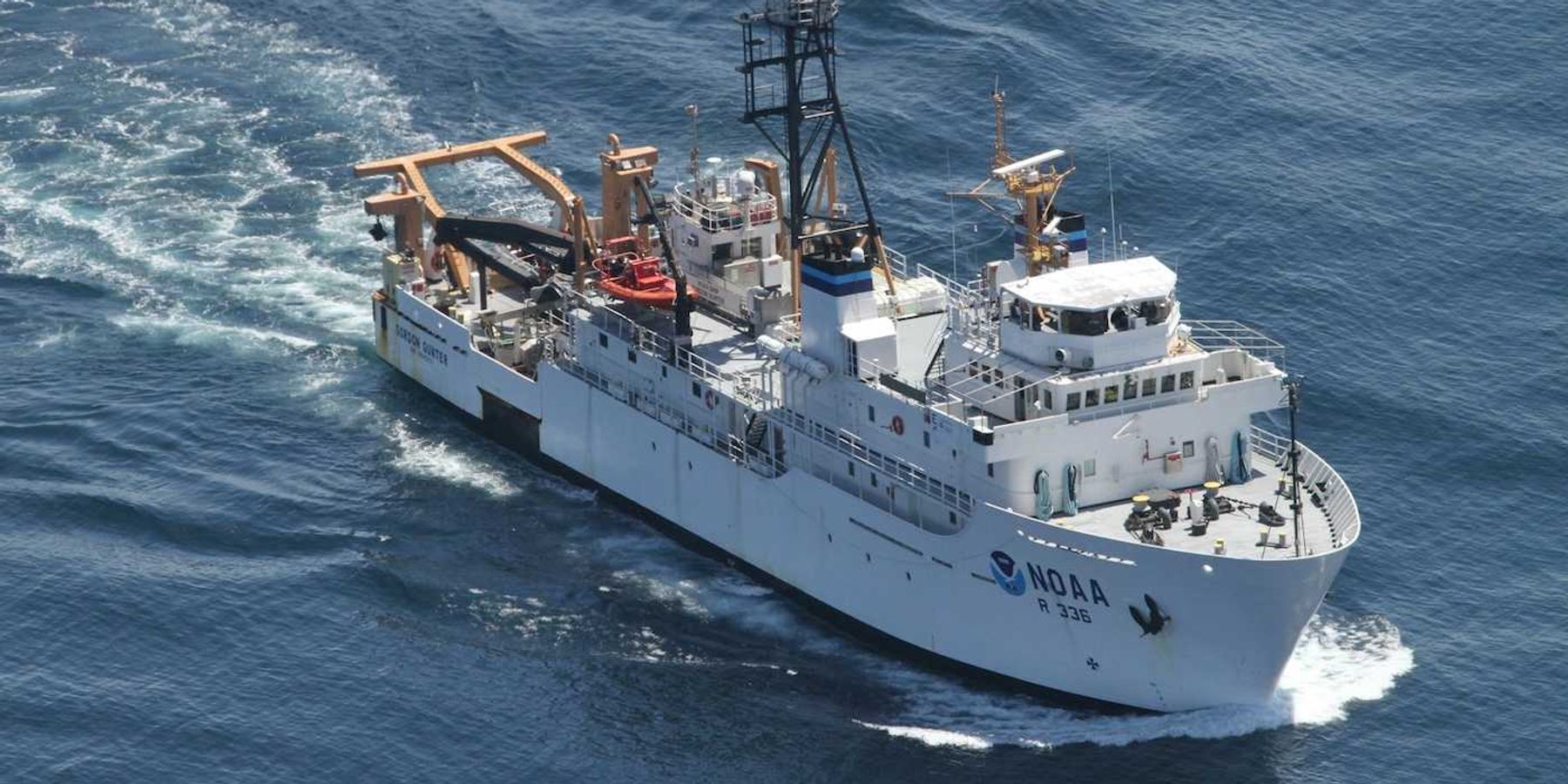How plastics are poisoning us
Plastics release and attract toxic chemicals, and appear everywhere from human placentas to chasms thirty-six thousand feet beneath the sea. Will we ever be rid of them? Elizabeth Kolbert writes for The New Yorker
In a nutshell:
Born in 1865 out of a quest to eliminate elephant ivory from the billiard ball supply chain, plastics are now being spewed forth at an annual production volume of over eight hundred billion pounds. As plastics break down into microplastics and disperse, they make their way to the most distant parts of our planet as well as infiltrating the internal organs of species up and down the food chain. No amount of recycling, reusing or repurposing is going to solve the plastics problem.
Key quote:
“So long as we’re churning out single-use plastic . . . we’re trying to drain the tub without turning off the tap,” Matt Simon writes. “We’ve got to cut it out.”
Big picture:
Reducing plastic pollution cannot be seriously entertained without a commitment to reducing, if not eliminating, plastic production; and that in turn would involve a winding down of the petrochemical industry at precisely the point in time when Big Oil, faced with an energy transition to renewables, is looking to plastics as one of the mainstays of future profits. The oil and gas industry, protected by massive political might and bankrolled by decades of record profits and willing financiers will not go quietly.













